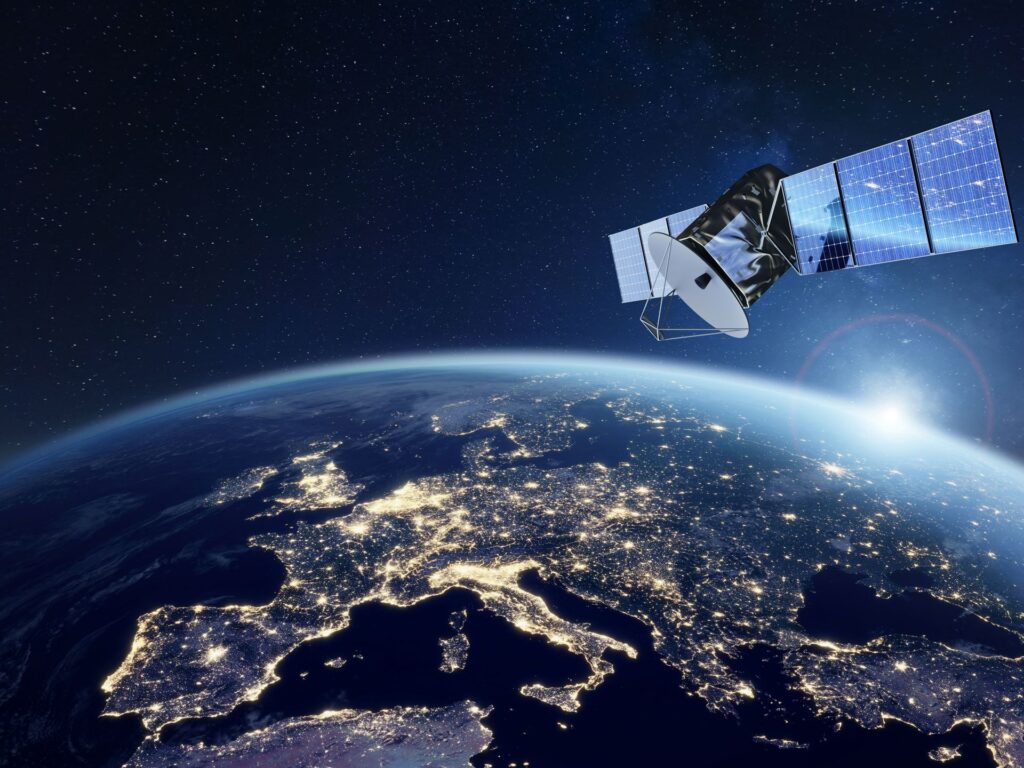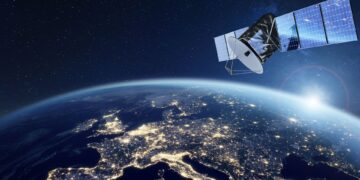
Morocco is emerging as a key player in Africa’s space landscape, as detailed in a recent report by the Africa Centre for Strategic Studies.
According to Morocco World News, Temidayo Oniosun’s September analysis, “African Collaboration in the Space Domain Holds Potential for Continental Benefits,” recognises Morocco alongside countries like Egypt, South Africa, Nigeria, Algeria, and Angola as leaders in advancing space programs.
The report highlights Morocco’s consistent investments in various space initiatives, including Earth observation, communications, and scientific satellites, which are primarily developed through international collaborations. With five satellites launched thus far, Morocco ranks among Africa’s top nations in satellite deployment.
Oniosun points out that the significance of space in Africa often goes unnoticed, as many people utilise services reliant on satellite technology without realising it. “From television broadcasting to smartphone navigation systems and the enhancement of rural broadband access, satellites have become intertwined with daily life in Africa,” he explains.
The study emphasises that “space assets serve not just symbols of technological capability, but vital tools for sovereignty and security.” These technologies are crucial for border surveillance, maritime monitoring, resource management, and wildlife conservation.
In recent years, annual government spending on space in Africa has averaged around $500 million, with Morocco being one of the prominent investors. Beyond their strategic applications, space technologies have increasingly integrated into everyday experiences; the report notes that “satellite dishes can be seen on rooftops” in cities like Fez, significantly influencing media consumption across the continent.
“Space is not an indulgence for Africa, but a critical necessity,” Oniosun concludes.
Over 21 African nations have initiated space programs, and 18 have successfully launched at least one satellite into orbit. The continent has placed 65 satellites in orbit, with projections of over 120 additional launches by 2030.
The report also highlights the establishment of the African Space Agency (AfSA) in Cairo earlier this year, a move aimed at minimising redundancies and enhancing collaboration. One notable initiative is the Africa-EU Space Partnership Programme, launched in 2025 with funding of €100 million. This initiative aims to bolster African capabilities in climate monitoring, agriculture, disaster risk management, and private sector growth, while maintaining “African ownership of the generated data and systems.
The study urges established space powers, such as Morocco, to adapt to a changing global landscape that promotes private sector involvement as a driver of innovation and technological progress. Enhanced participation from the private sector could accelerate growth and attract more investment in this sector.
With its existing satellites and growing regional influence, Morocco is well-positioned to enhance its role in Africa’s space sector development through national and collaborative continental efforts in the foreseeable future.

















